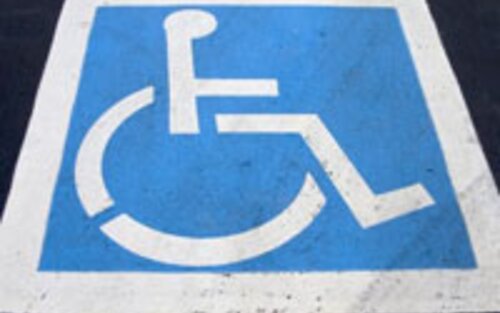Bus Company in Kenya Modifies Vehicles to Accommodate Persons with Disabilities
“We adjusted three sets of seats near the door. Two sets on the left side which accommodate two people per set and one on the right accommodating three passengers," the Sacco's Operations Manager, Simon Mwathiki, has been quoted as saying in local media reports.

Nicco Movers Limited Sacco has modified seven seats in each bus to make them comfortable for PWDs and other vulnerable groups of people such as pregnant women and the elderly.
“We adjusted three sets of seats near the door. Two sets on the left side which accommodate two people per set and one on the right accommodating three passengers," the Sacco's Operations Manager, Simon Mwathiki, has been quoted as saying in local media reports.
The move is in response to complaints raised by the vulnerable groups, who, according to Mwathiki, "had challenges boarding the vehicles, especially in rush hours” and had to “squeeze their way to the back seats.”
“Those using crutches had no leg space, but with these changes, they have space close to the door at no extra fee," he added, referencing the 51-seater buses whose seating capacity has now reduced to 46 following the modifications.
Besides the modifications, the company also ensures that persons with disabilities and other vulnerable persons are the first ones to board the buses and that when the bus gets full, the empty seats reserved for them are the last ones to be occupied by other passengers.
So far, the company has modified 14 buses, and plans are underway to modify all the 60 buses plying the Nairobi-Githurai route.
This move by the bus company complies with Article 31 of the Nairobi City County Transport Act, 2020, which requires all public transport vehicles (PSVs) to have “designated seats close to the alighting door for passengers with a physical disability or special needs."
According to this legislation, 17-seater vehicles are to reserve one seat, 18 to 35-seater to reserve two seats, and those with a seating capacity above 35 to reserve three seats.
Inclusive transport is a key factor in promoting independent living for persons with disabilities. The current transport system in the country is discriminative against persons with disabilities. Consequently, the movement of these persons is limited and highly dependent on personswithout disabilities. However, with inclusive transport, persons with disabilities can live independently and participate fully in all aspects of life.
